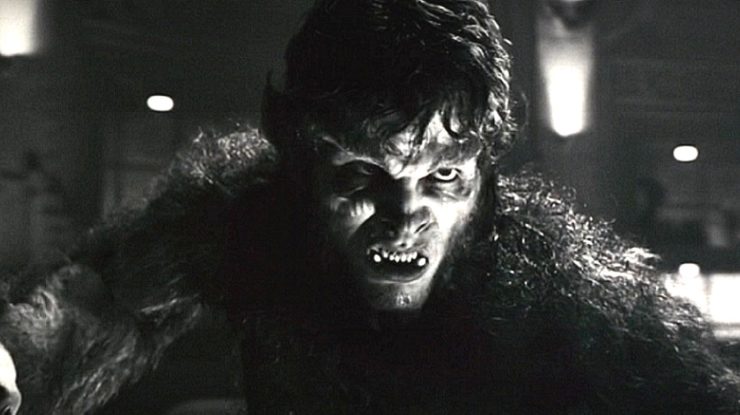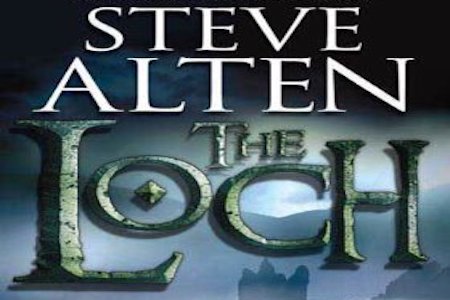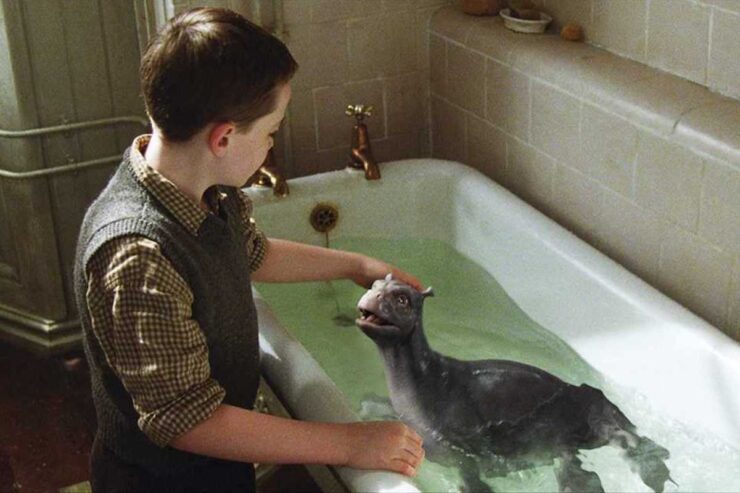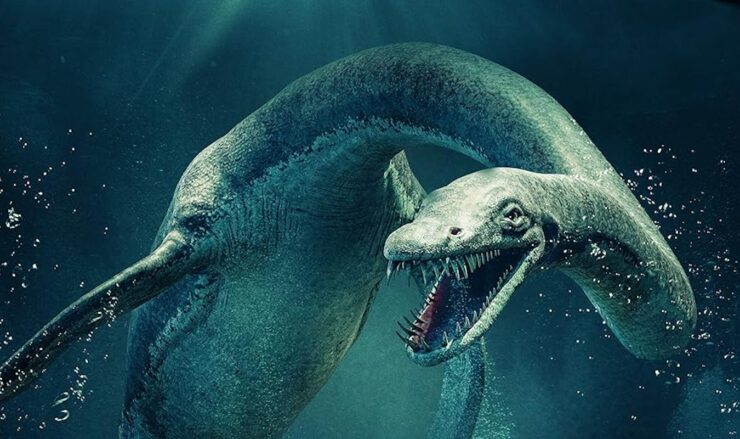When it comes to fantastic beasts, shapeshifters of all sorts are a double delight. They’re beasts, and they’re human. They take on the powers of animals either voluntarily or otherwise. In many traditions they’re villains: the transformed beast loses all connection to humanity and becomes pure predator.
Werewolf by Night is a movie werewolf rather than a true wolf shifter. His shifted form is halfway between human and wolf—as his Marvel character summary puts it, “he transforms into the feral hybrid known as Werewolf by Night and becomes a howling, hirsute hero.” His name, by his own choice, is Jack Russell.
Arf.
This article contains spoilers for the Disney+ Special, Werewolf by Night
The Disney special named after him is a brief (55 minutes) confection, a little jewel of the monster genre. It’s filmed in black and white like classic horror films of the Thirties and Forties, and it tells a familiar story. Legendary monster hunter Ulysses Bloodstone is dead. The jewel that was his weapon against monsters of all sorts, the Bloodstone, will pass on to one of his monster-hunting extended family, though a trial of skill and guile.
All the hunters gathered in the Bloodstone mansion must track down and kill a monster. The Bloodstone is bound to that monster’s body. The hunter who kills the monster will win the stone and become the heir to the Bloodstone legacy.
The twist is that one of the hunters, Jack, who has a legendary record of kills, is a monster himself. He’s a werewolf. But that’s not all. The monster who carries the bloodstone is Jack’s friend. His name is Ted.
We don’t find out in the special who Ted is. He looks like a huge, shambling, tentacle-faced Cthulhu-zoid monster. The Bloodstone weakens him but also irritates him. Really, really irritates him. That’s the point. Pissed-off monster is deadly dangerous monster.
By the time we meet Ted, we’ve seen what truly horrible people the hunters are. Even the late Ulysses Bloodstone weighs in in the form of his reanimated corpse. He sets the challenge, gives a speech that ends in a howler of a pun, and vanishes back into his coffin.
Most horrible of all is his second wife Verussa. I kept breaking into giggles because she sounded to me like the Matchmaker as voiced by Miriam Margolyes in the animated Mulan. The same raspy, nasal voice. The same deliberate rhythms. I expected her to drone, “Now pour the tea.”
She even looks like the tea-stained and raging Matchmaker during the scene in which she tries to destroy Jack, with streams of makeup straggling from her eyes down her face. Sadly, she never bellows, “You will never bring your family honor!”
But it’s implied. The true heir of the stone, Ulysses’ daughter by his first wife, has been gone for twenty years. She has refused to be trained by her father, and she is not a friend to her stepmother. She has to earn the stone like everybody else, rather than simply showing up and claiming it.
Buy the Book
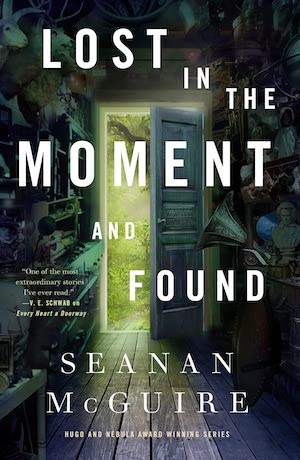

Lost in the Moment and Found
By this time it’s clear that the hunters are the real monsters. Jack is genuinely dangerous in werewolf form, but he’s figured out ways to defuse the worst of it. He can memorize the scent of a person while he’s in human form, and when he’s transformed, he will do his best to avoid hurting that person. He tries to do good, and he only destroys truly bad monsters, notably vampires.
Ted, the monster of terrifying aspect, turns out to be a sweet, kind creature who only does violence when forced to it. In the wider Marvel universe he’s a bit of a mad scientist, who falls into a dimensional rift and ends up being transformed into a swamp creature with cosmic powers. He’s a plant rather than an animal, and he’s a gentle soul. Jack spends a great deal of time extricating him from sticky situations.
This is about as sticky as it gets. Jack is not here to win the Bloodstone—it knocks him flat as it does every other monster it’s designed to detect and weaken—but to save Ted. He allies with Elsa to liberate Ted from the stone and eliminate the rest of the hunters, including the ineffable Verussa.
It’s a lovely little film. Though it has the atmosphere of old-timey horror movies, it has a much more contemporary sensibility. There’s plenty of violence and no little amount of gloating and villainy, but like Ted, it has a gentle heart.
Jack is a more or less garden-variety wolf-man. Ted is a rumbling, shambling sweetheart of a thing. In fact his hero name is Man-Thing. Not to be confused, I’m sure, with Swamp Thing. Though he is a denizen of the swamp—the Everglades, to be precise.
I wonder if he’ll appear in later entries in the Marvel universe, and if so, if he’ll have things to say (or gently growl) about climate change and saving the earth. If he does, I’m sure Jack will be there to rescue him when and as needed, in the way of all good canines.
Judith Tarr is a lifelong horse person. She supports her habit by writing works of fantasy and science fiction as well as historical novels, many of which have been published as ebooks. She’s written a primer for writers who want to write about horses: Writing Horses: The Fine Art of Getting It Right. She lives near Tucson, Arizona with a herd of Lipizzans, a clowder of cats, and a blue-eyed dog.










